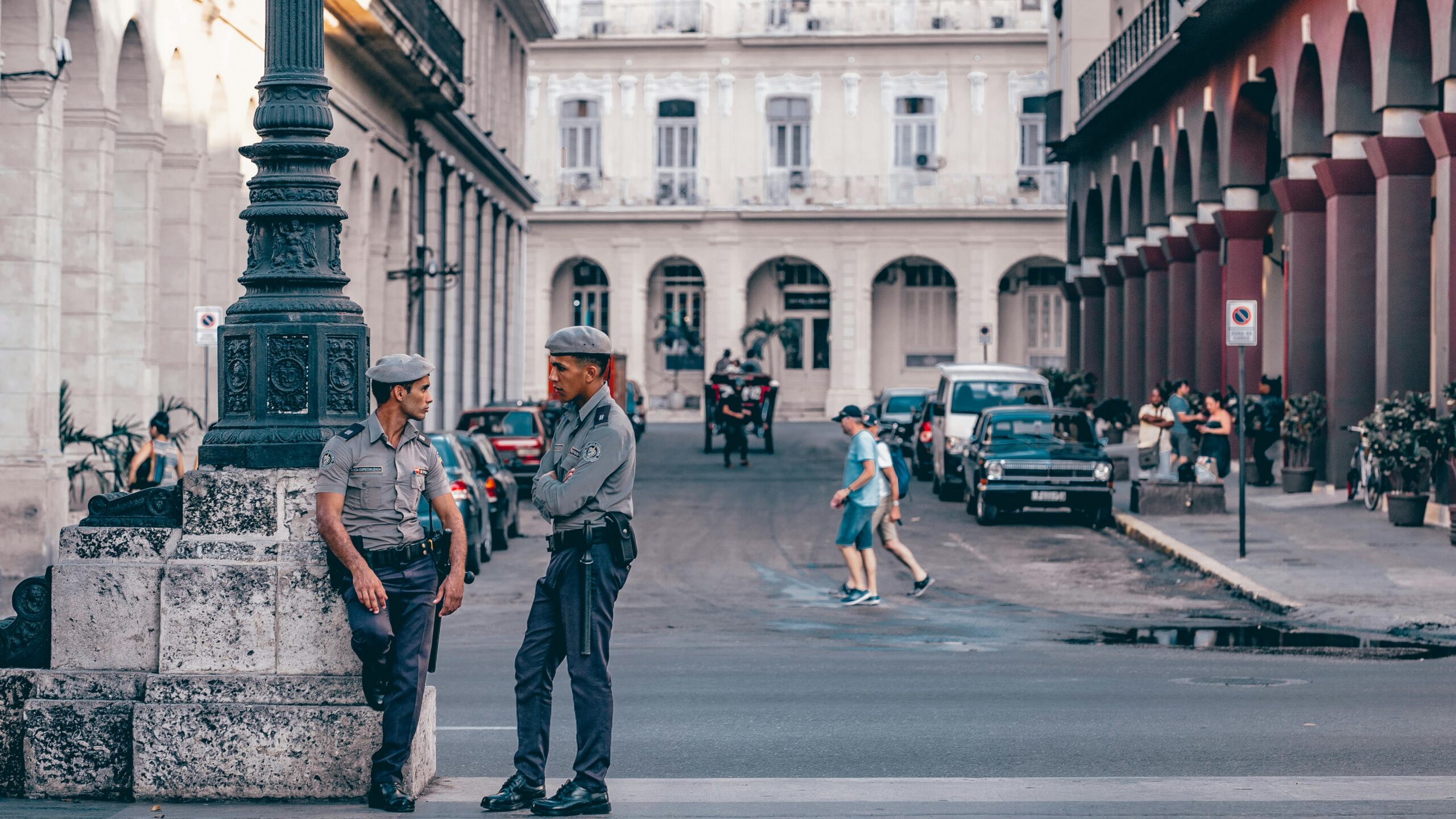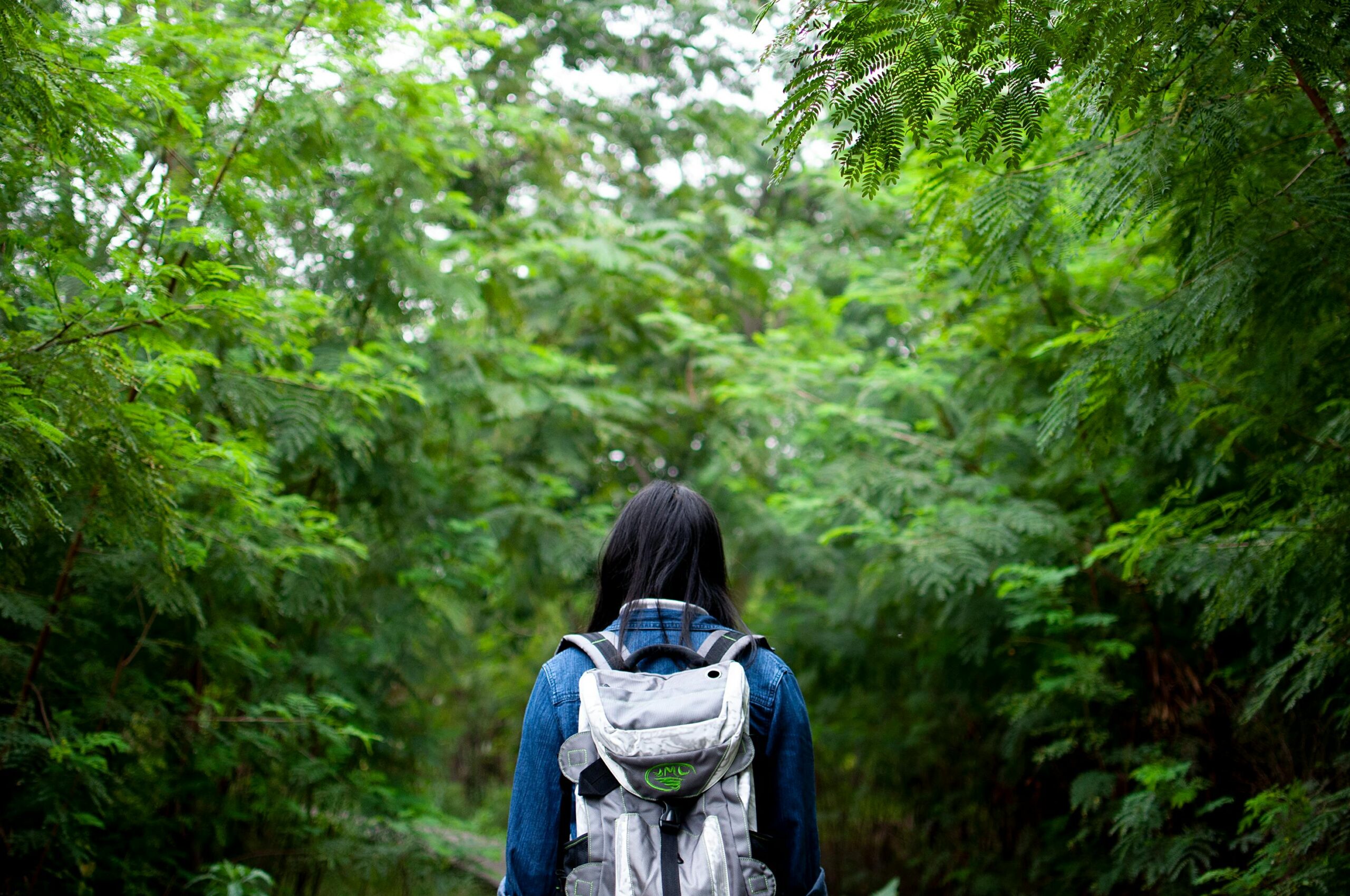Cuba, a country once renowned for its stunning beaches, vibrant culture, and historical charm, is grappling with a severe tourism downturn. The nation’s ongoing economic challenges, compounded by power outages and shortages of essential goods, have tarnished its reputation as a travel destination. Here’s an in-depth look at the situation, the factors at play, and what the future holds for Cuba’s tourism industry.
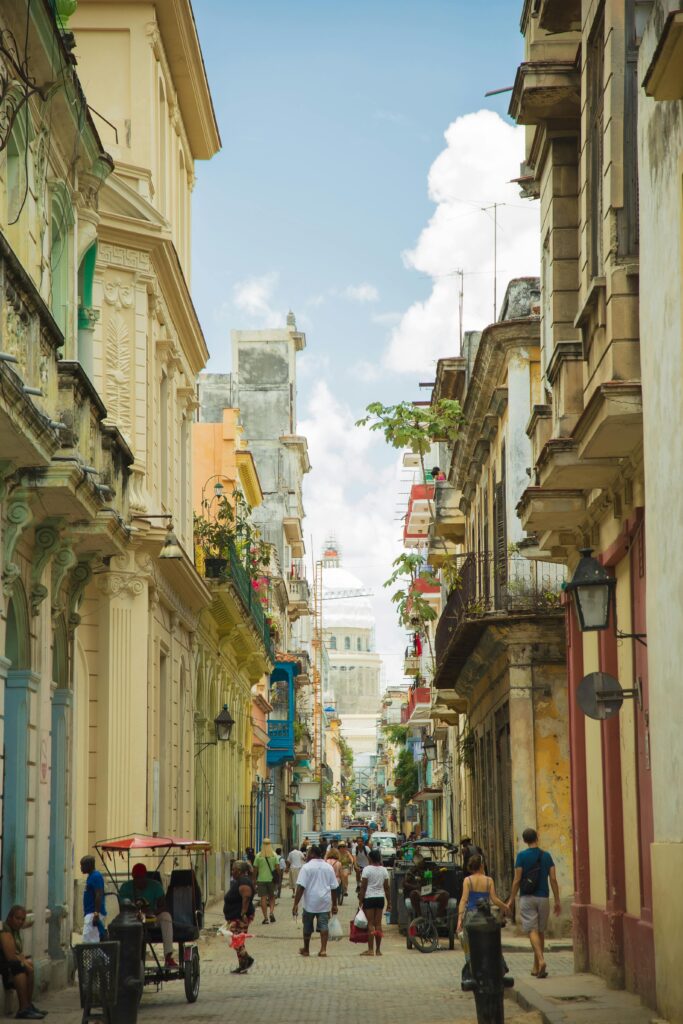
The Struggles Behind the Scenes
Cuba’s economy has been in freefall over recent years. Economic contraction reached 10.9% in 2020 and has been exacerbated by reduced financial support from allies like Venezuela, the COVID-19 pandemic, and decades-long U.S. sanctions. This has resulted in critical shortages of food, medicine, and fuel.
Blackouts, often lasting hours or even days, have become a stark reality. Tourists are experiencing these power outages firsthand, with hotels and resorts struggling to maintain services. Air conditioning and electricity outages in tropical conditions are not what vacationers expect, making Cuba less appealing for international travelers.
Tourism Takes a Hit
In 2024, Cuba welcomed just 2.2 million visitors, far short of its target of 3.2 million. This marks a sharp decline compared to the pre-pandemic figure of over 4 million visitors in 2019.
Traditional sources of tourists, such as Canada and Europe, have seen steep drops in visitor numbers. Travel advisories from countries like Germany and Canada have warned against visiting due to ongoing blackouts and basic resource shortages, further dissuading potential tourists.
Government Initiatives and Challenges
Cuban officials have taken steps to revive tourism, focusing on constructing new hotels and targeting emerging markets like Russia and China. However, skeptics argue that these measures might not address the root issues plaguing the sector, including the nation’s fragile infrastructure and unreliable utilities.
Despite these investments, projections for 2025 remain dim. Experts predict only modest economic growth, insufficient to overcome the systemic challenges facing the country’s tourism industry.
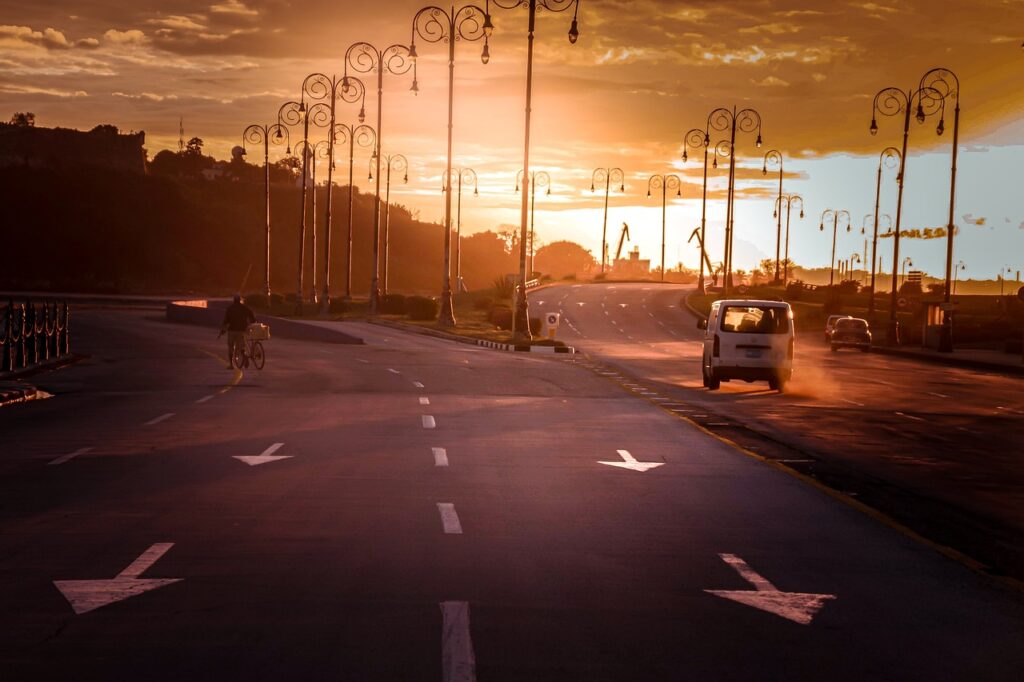
The Ripple Effects on Tourism
Tourism has historically been one of Cuba’s main economic drivers, contributing significantly to GDP. With visitor numbers dwindling, businesses reliant on tourism—restaurants, souvenir shops, and guided tours—are struggling to survive. This downturn is a blow to the nation’s already strained economy and the thousands of workers dependent on tourism for their livelihoods.
What Lies Ahead for Cuba?
The road to recovery will be long and uncertain. While the government remains hopeful that diversifying its tourist base and investing in infrastructure will pay off, the immediate future seems bleak.
For now, potential visitors must weigh the appeal of Cuba’s natural and cultural allure against the challenges they might face during their stay.
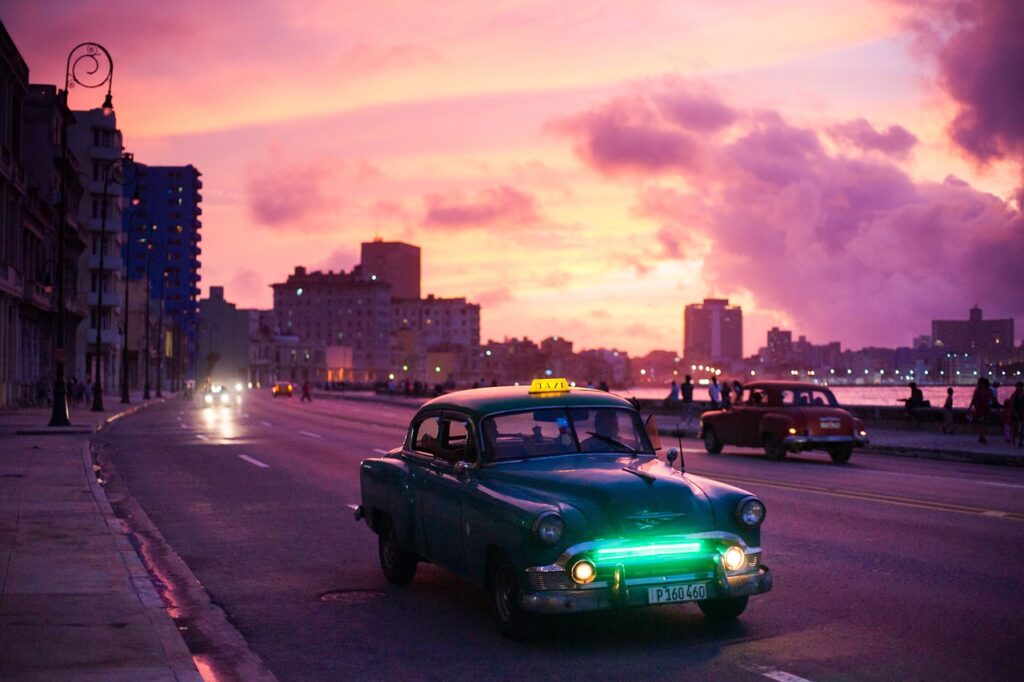
Commonly Asked Questions About Tourism in Cuba
1. Why is Cuba’s tourism industry struggling?
Cuba faces significant economic challenges, frequent blackouts, and shortages of basic goods, which deter tourists. The lingering effects of COVID-19 and the U.S. embargo exacerbate these issues.
2. How have power outages impacted tourists?
Power outages have disrupted essential services in hotels, such as air conditioning and lighting, leading to uncomfortable conditions for visitors.
3. Are travel advisories affecting tourism in Cuba?
Yes, advisories from countries like Canada and Germany caution travelers about shortages and infrastructural challenges, discouraging visits.
4. What is the Cuban government doing to revive tourism?
The government is focusing on building new hotels and attracting visitors from countries like Russia and China, though the effectiveness of these efforts is unclear.
5. Is Cuba a safe destination for tourists?
Cuba remains relatively safe in terms of crime, but visitors should prepare for potential inconveniences like power outages and limited access to certain goods.
While Cuba’s vibrant culture and breathtaking scenery still hold allure, its current challenges require substantial resolution to regain its status as a premier travel destination.
Sources Reuters
